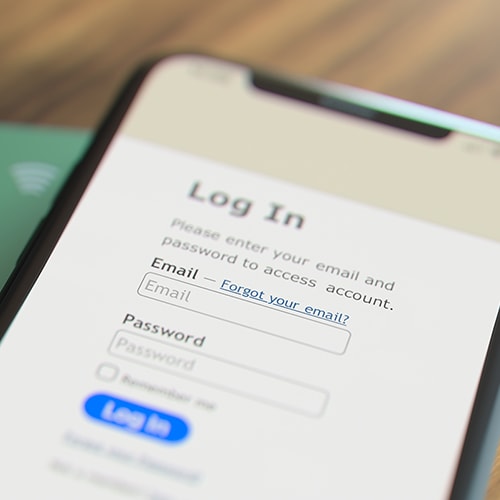A massive data breach at Equifax, one of the nation’s largest credit reporting companies, could raise the risk of identity theft for 145.5 million U.S. consumers.
Editor’s note: Equifax recently extended its offer for freezing your credit report for free to June 30, 2018. The previous deadline was Jan. 31, 2018.
In this article, you’ll learn details of the security incident and what you can do to help protect yourself if your personal data was compromised in the breach.
You’ll also find out about new developments related to the data breach and how to help protect yourself from identity theft. Here’s a list of topics.
- Equifax data breach: What happened
- Immediate steps to take
- Can credit freezes, fraud alerts, credit monitoring, and identity theft protection help?
- Tax-related identity theft: Are you at risk and what can you do?
- Free credit freeze from Equifax: Answers to your questions
- Equifax's latest move: Free credit lock and unlock for life
- Poll: Americans slow to check credit after Equifax data breach
What happened
Equifax on Sept. 7 announced the cybersecurity incident, one of the largest in history. Unauthorized data access occurred from mid-May through July 2017. The breach was discovered on July 29.
The personally identifiable information (PII) that was accessed includes these details:
- Names
- Social Security numbers
- Birth dates
- Addresses
- Driver’s license numbers (in some cases)
The company detailed the data breach in its press release. Among the key facts:
- A U.S. website application vulnerability was exploited by criminals to gain access to some files.
- There is currently no evidence of unauthorized activity on core consumer or commercial credit reporting databases.
- The company is conducting an assessment and providing recommendations on next steps.
"This is clearly a disappointing event for our company, and one that strikes at the heart of who we are and what we do,” Equifax’s chairman and CEO said in the press release. “I apologize to consumers and our business customers for the concern and frustration this causes."
Immediate steps to take
What can you do if you’re a consumer affected by the breach?
- Watch your mail. The company plans to send direct mail to consumers whose credit card numbers or dispute documents with PII were impacted.
- Stay updated. The company has created resources to assist consumers. These include online information at www.equifaxsecurity2017.com and a call center at 866-447-7559.
- Check out these tips on how to deal with data breaches.
Get LifeLock Identity Theft Protection 30 DAYS FREE*
Editor’s note: Our articles provide educational information. LifeLock offerings may not cover or protect against every type of crime, fraud, or threat we write about.
This article contains
Start your protection,
enroll in minutes.
LifeLock is part of Gen – a global company with a family of trusted brands.
Copyright © 2025 Gen Digital Inc. All rights reserved. Gen trademarks or registered trademarks are property of Gen Digital Inc. or its affiliates. Firefox is a trademark of Mozilla Foundation. Android, Google Chrome, Google Play and the Google Play logo are trademarks of Google, LLC. Mac, iPhone, iPad, Apple and the Apple logo are trademarks of Apple Inc., registered in the U.S. and other countries. App Store is a service mark of Apple Inc. Alexa and all related logos are trademarks of Amazon.com, Inc. or its affiliates. Microsoft and the Window logo are trademarks of Microsoft Corporation in the U.S. and other countries. The Android robot is reproduced or modified from work created and shared by Google and used according to terms described in the Creative Commons 3.0 Attribution License. Other names may be trademarks of their respective owners.




